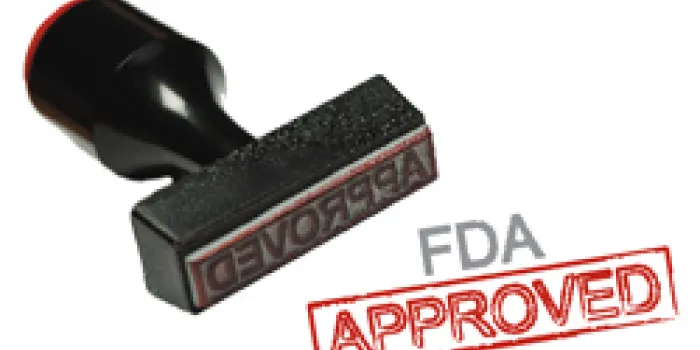It is now easier for physicians to prescribe and consumers to be reimbursed for a prophylactic treatment for hemophilia A. In October 2008, the US Food and Drug Administration (FDA) certified Bayer HealthCare LLC’s Kogenate® FS Antihemophilic Factor (Recombinant) for routine prophylaxis in children with hemophilia A.
The treatment has been shown to reduce the frequency of bleeding episodes and reduce the risk of joint damage in people with severe hemophilia A. The approval is important because this product represents the only factor VIII treatment that the FDA has approved for routine prophylaxis. It is not, however, the only product used prophylactically.
“Administering Kogenate FS to children with hemophilia A on a daily basis before a bleeding event occurs will reduce bleeding into joints and help prevent joint damage, a major cause of disability in hemophiliacs,” says Jesse Goodman, MD, MPH, director, FDA’s Center for Biologics Evaluation and Research.
Kogenate FS was first licensed for use during surgeries to prevent bleeding episodes. It was also used in an “off-label” capacity—that is, in a way other than its label indicated—to treat people with hemophilia.
FDA’s approval of Kogenate FS for routine prophylaxis treatment eases prescription issues. Now physicians can prescribe it for young patients for on-label use with clinical data to support it.
The new approval also makes it far more likely that the treatment will now be covered by a patient’s insurance. Many insurance companies will not pay for a drug if it is being used off-label, on the grounds that its use is experimental. This can be the case even in instances where the off-label use has been thoroughly studied. Patients and their families have to foot the bill if their doctor recommends these kinds of treatments.
The approval came after the “Joint Outcome Study,” headed by Marilyn Manco-Johnson, MD, a multicenter US trial that included 65 boys with severe hemophilia A who were younger than 30 months at the time they entered the study. Of the boys, 32 were given routine prophylaxis with Kogenate while 33 were given therapy based on bleeding episodes. The study, published in The New England Journal of Medicine in 2007, was conducted during a 10-year period. Special attention was given to the “index joints” that bleed most often in patients with severe hemophilia: the elbow, ankle and knee. When the boys turned six years old, joint structural outcomes and functioning were measured by physical exams, radiography and magnetic resonance imaging. Findings showed that 93% of the prophylactic group had normal joints versus 55% in the on-demand group.

